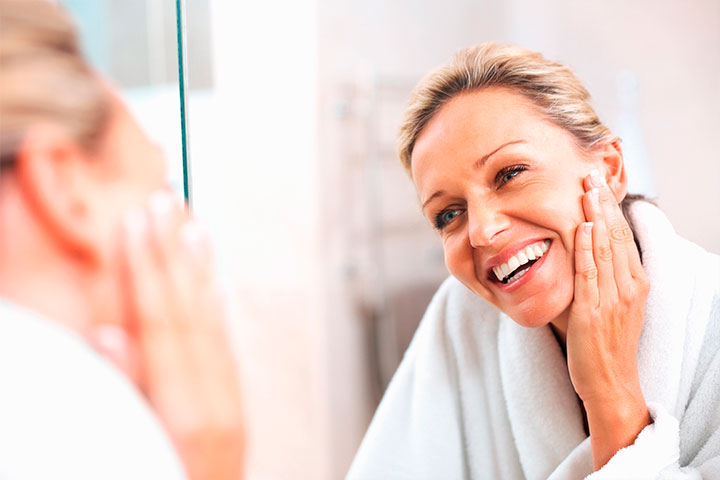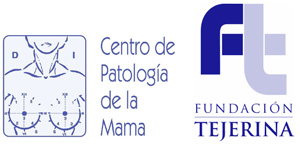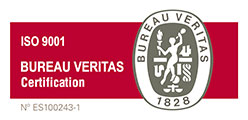Anti-Aging/Regenerative Medicine Unit
– Loss of muscle mass and physical strength.
– Loss of energy and tiredness.
– Sleep disorders.
– Decreased sexual desire.
– Cognitive disorders – memory and attention disorders, etc.
– Mood disorders: anxiety, depression, etc.
– Control of stress.
– Health habits: diet, exercise, toxic habits (tobacco and alcohol).
– Alterations of the immune system.
– Alterations in the mechanisms for healing and repair of wounds or ulcers.
Endocrinology Unit
– Growth disorder and puberty.
– Thyroid diseases.
– Diabetes.
– Alterations of the cortisol axis.
Climacteric Unit
– Mood disorders – anxiety, depression.
– Control of physical symptoms associated with climacteric: hot flashes, nervousness, hypertension, increased cholesterol, hair loss, dry skin, and mucosa.
– Loss of sexual desire.
– Negative self-image.
– Osteoporosis.
– Endocrine/metabolic disorders – obesity, metabolic syndrome, type II diabetes, thyroid disorders, hyperprolactinemia.
– Sleep disturbances.
Andropause Unit
– Alterations of sexual desire and loss of sexual potency in men, caused in most cases by vascular problems, metabolic syndrome, or psychological problems.
– Erectile dysfunction.
Fibromyalgia and Chronic Fatigue Unit
– Multidisciplinary treatment through internal medicine/endocrinology, psychology, and sports medicine.


